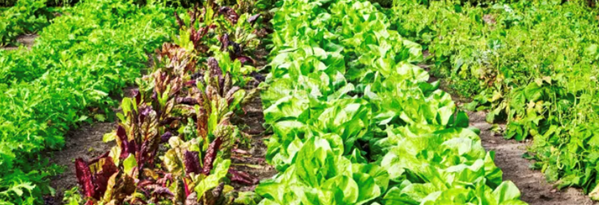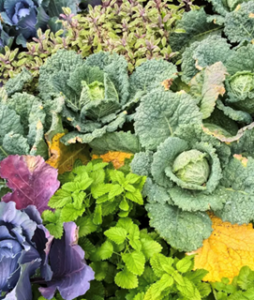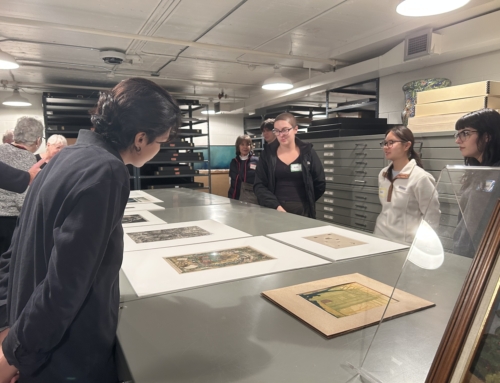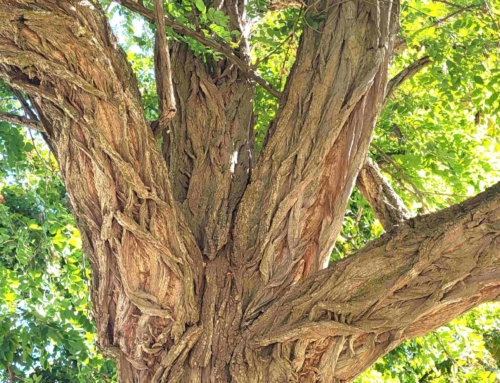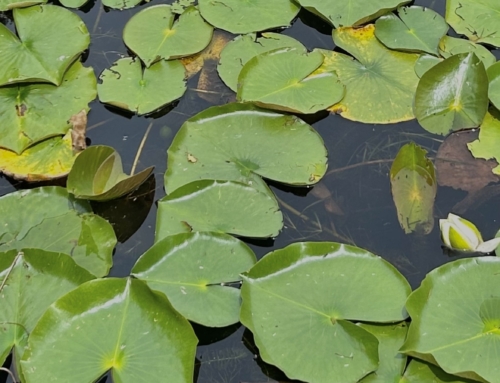Digging Into Wellness: How Gardening Helps Older Adults Thrive
by Natalia Presta, McMaster Student Volunteer with Hamilton Aging in Community
Gardening is often seen as a simple pastime, but it can be a powerful tool for older adults to enhance health and overall well-being. Whether tending to flowers or cultivating vegetables, the act of gardening provides a range of physical, mental, and social benefits that contribute to a healthier lifestyle.
- Physical Health Benefits:
- Gardening is a low-impact activity that promotes physical health by encouraging movement and enhancing motor skills. Regular gardening tasks, such as digging, planting, and weeding, provide a moderate level of exercise, which can help older adults maintain flexibility, strength, and cardiovascular health. According to the Centers for Disease Control and Prevention (CDC), gardening can burn up to 330 calories per hour, comparable to activities like walking or cycling (CDC, 2022). Additionally, exposure to sunlight while gardening boosts vitamin D levels, which is essential for bone health and immune function. A study published in the journal *Advances in Horticultural Science* found that older adults who gardened regularly had higher bone density than non-gardeners (Park et al., 2019).
- Mental Health Benefits:
- Gardening is a therapeutic activity that can significantly reduce stress and anxiety. The process of caring for plants fosters mindfulness and a sense of accomplishment. According to the American Horticultural Therapy Association (AHTA), gardening can lower cortisol levels, a hormone associated with stress, and improve overall mood (AHTA, 2020). Moreover, gardening provides an opportunity to engage with nature, which has been shown to alleviate symptoms of depression and enhance cognitive function. A review in the *Journal of Aging and Health* revealed that gardening activities were associated with improved memory and attention in older adults (Wang & MacMillan, 2020).
- Social Benefits:
- Community gardening initiatives offer older adults a chance to connect with others, reducing feelings of isolation and loneliness. These shared spaces encourage social interaction, teamwork, and a sense of belonging. The National Institute on Aging highlights that social connections can improve mental health and longevity, making community gardening an excellent avenue for fostering relationships (National Institute on Aging, 2021).
- Nutrition and Self-Sufficiency:
- Gardening can also enhance nutritional health by providing access to fresh, homegrown produce. Growing fruits and vegetables ensures a supply of nutrient-rich foods and encourages healthier eating habits. Research from the University of Florida suggests that older adults who garden are more likely to consume the recommended daily intake of fruits and vegetables, which can lower the risk of chronic diseases such as heart disease and diabetes (UF/IFAS Extension, 2018).
From boosting physical health to enhancing mental well-being and fostering social connections, gardening is a holistic activity that can significantly improve the quality of life for older adults. Seniors can enjoy a more active, connected, and fulfilling life by integrating gardening into their daily routine.
References
Centers for Disease Control and Prevention (CDC). (2022). Benefits of Physical Activity. Retrieved from [https://www.cdc.gov](https://www.cdc.gov)
Park, S. A., Shoemaker, C. A., & Haub, M. D. (2019). Physical and Psychological Health Benefits of Gardening for Older Adults. *Advances in Horticultural Science.*
American Horticultural Therapy Association (AHTA). (2020). The Role of Horticultural Therapy in Mental Health. Retrieved from [https://www.ahta.org](https://www.ahta.org)
Wang, D., & MacMillan, T. (2020). The Impact of Gardening on Cognitive Function in Older Adults. *Journal of Aging and Health.*
National Institute on Aging. (2021). Social Isolation and Loneliness in Older Adults. Retrieved from [https://www.nia.nih.gov](https://www.nia.nih.gov)
University of Florida Institute of Food and Agricultural Sciences (UF/IFAS Extension). (2018). Health Benefits of Gardening for Seniors. Retrieved from [https://www.ifas.ufl.edu](https://www.ifas.ufl.edu)

